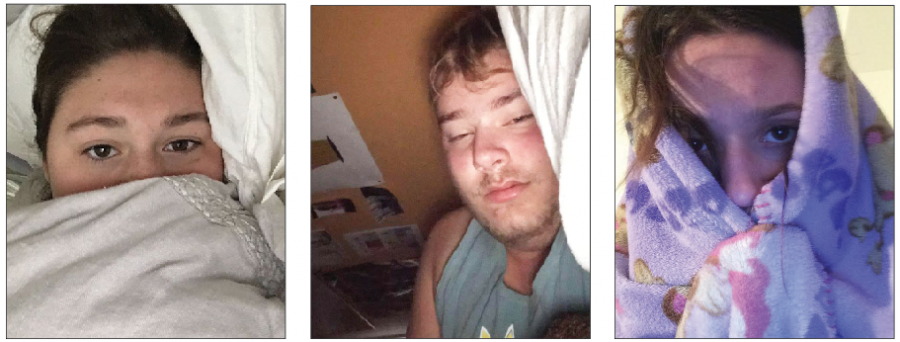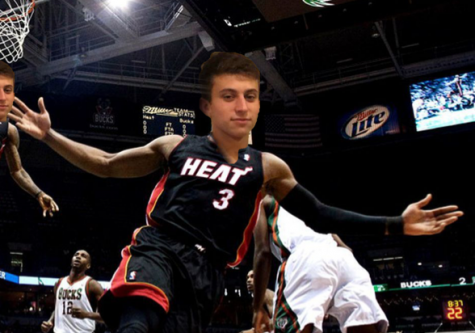Too woke to sleep
Students experiencing sleeping problems due to acute social awareness
February 24, 2017
Woke up Wildkits.
A large percentage of socially aware students have recently reported an increase in restless sleep and insomnia.
“I woke myself up with a dream in which I realized that I should try and defend the most liberal side of every single issue that comes to the floor in class,” an anonymous senior says. “I honestly see no point in recognizing the other side of issues because they’re just wrong.”
This problem exists in other schools located in so-called political bubbles like Evanston. Places where liberalism and a lack of contrasting political views are prevalent often become breeding grounds for what is medically coined as “socially affirmed insomnia”.
“Sleeping has been an issue as of late,” an anonymous junior explains. “I nearly dozed off in math class yesterday, but I awoke when my classmate mentioned the words ‘protest’ and ‘election’ in the same sentence.”
What began as a concentrated case among the student body has developed into an Evanston epidemic. Reports indicate that cases of insomnia have risen by 70 percent since the election.
“My doctor said he has never seen a case like mine before, and was skeptical of my symptoms,” an anonymous freshman says. “I told him how aware I am of social injustice and the fact that I ranted on Facebook every night, calling people out for their politically incorrect ideas.”
Facebook users are more commonly affected by this disease, according to a private study. Those who post at over four times a day are reported to be a significant part of the population experiencing this insomnia.
“If the term “woke” means that you are getting up and preaching to other people, that’s not necessarily being conscious,” English teacher Abdel Shakur says. “Sometimes there are dynamics of patriarchy that you may not be aware of, there may be dynamics of race that you’re not aware of, or classism that you’re not aware of.”
Shakur also notes that the idea of being “conscious” for white people is very different than it is for people of color because the stakes are higher.
There is a major difference between being “woke” and being “conscious”. “Woke” is a term that is directed at individuals who are merely testing the waters of understanding systems of oppression, yet have a self-consumed attitude towards it where they feel the need to prove their awareness at any given time.
Consciousness of oppressive systems and racial injustice is a more useful method of thought, observation, and action for high school students. Those who meet the title of “conscious” take action on the problems they see in society, rather than simply challenging others on these issues, they think critically about them and create a course of action.
“If you’re not thinking critically and having a certain degree of humility about knowing that no one has all the truths, then you’re probably not as conscious as you think you are.” Shakur says.
According to an article from the New York Times, the term “woke” describes someone who wants to be considered correct at all times and recognized for their political correctness and social awareness. Whether it be social injustice, racism, or any other major social issue, those who have “earned the ‘woke’ badge” feel the need to broadcast this sense of entitlement as often as possible.
While talking about systems of oppression and injustice in society is beneficial in many ways, students need to recognize their role in the discussion, and acknowledge whether they are looking for recognition for their ideas, or actually determined to find solutions for the problems they identify. Just because you’re “woke” does not necessarily mean you’re contributing to creating change.
For more information on this topic, visit the referenced New York Times article at https://nyti.ms/2jNI3WX.










